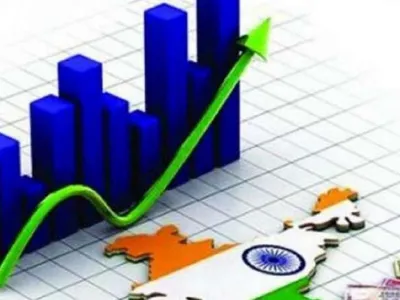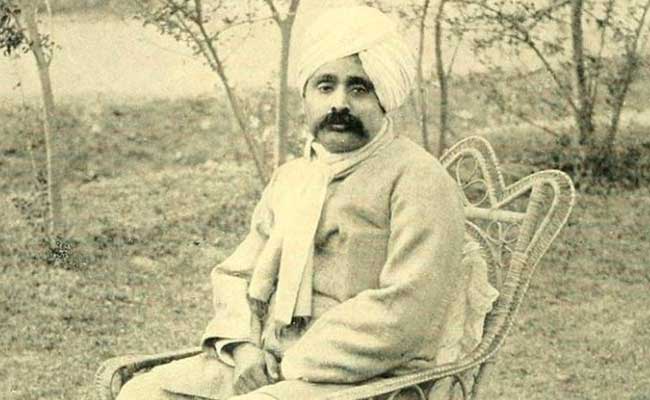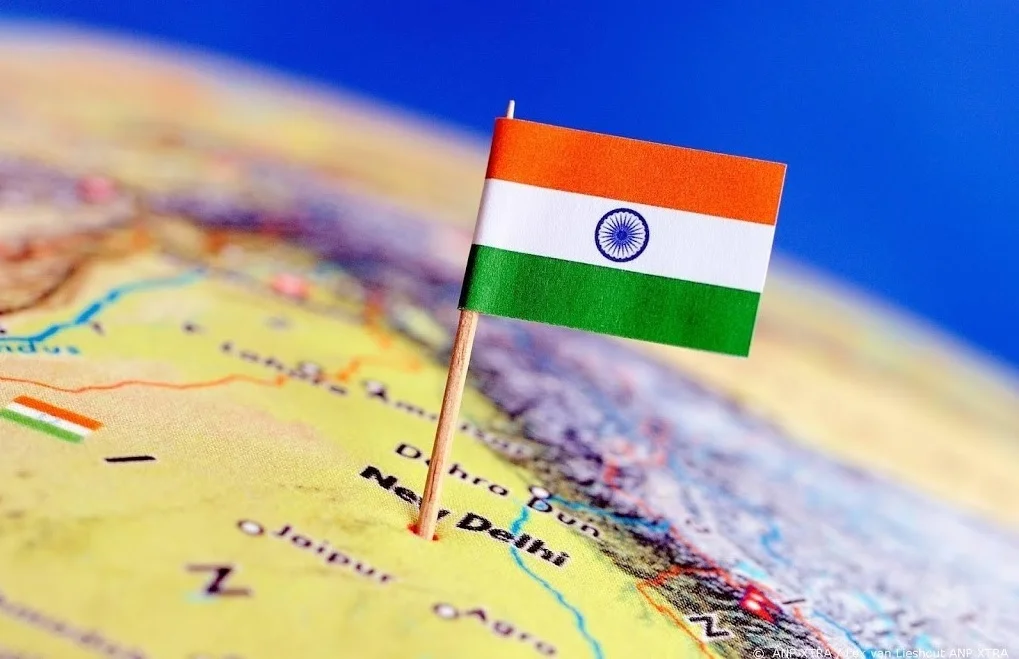Narendra Modi is a prominent Indian politician and the current Prime Minister of India, serving since 2014. Born in 1950 in the state of Gujarat, Modi’s rise to power is a remarkable story of a man who rose from humble beginnings to become one of the most powerful leaders in India’s history.
Modi began his political career as a member of the Rashtriya Swayamsevak Sangh (RSS), a right-wing Hindu nationalist organization. He soon rose through the ranks of the organization, eventually becoming the General Secretary of the BJP (Bharatiya Janata Party), a major political party in India.
Modi’s political career took off in the 2000s, when he was appointed Chief Minister of Gujarat, a state in western India. During his tenure as Chief Minister, Modi implemented a number of economic and social reforms that transformed the state, turning it into one of the fastest-growing regions in India. He also implemented policies to improve infrastructure, promote tourism, and attract investment to the state.
Modi’s leadership in Gujarat was not without controversy, however. In 2002, the state was rocked by a series of riots that left over 1,000 people dead, mostly Muslims. Modi was accused of failing to prevent the violence and of being complicit in the attacks. While he denied the allegations, the incident remains a stain on his record and a subject of debate and controversy.
Despite the controversy surrounding the riots, Modi’s popularity in Gujarat remained high, and in 2014, he was elected Prime Minister of India, leading the BJP to a landslide victory over the ruling Congress Party. Modi’s election marked a turning point in Indian politics, with many seeing him as a charismatic and dynamic leader who could bring much-needed change to the country.
As Prime Minister, Modi has focused on a range of issues, including economic development, social welfare, and foreign relations. He has launched a number of initiatives aimed at promoting economic growth and creating jobs, including the “Make in India” campaign, which seeks to promote manufacturing in India and attract foreign investment to the country.
Modi has also implemented a number of social welfare programs, including the “Pradhan Mantri Jan Dhan Yojana,” a financial inclusion program aimed at providing banking services to the poor and marginalized sections of society. He has also launched the “Swachh Bharat Abhiyan,” a nationwide cleanliness drive aimed at promoting hygiene and sanitation.
In terms of foreign relations, Modi has sought to strengthen India’s position as a regional and global power. He has visited a number of countries, including the United States, China, and Japan, and has pursued closer ties with other major powers, including Russia. He has also been active in regional organizations such as the South Asian Association for Regional Cooperation (SAARC) and the BRICS group of emerging economies.
Modi’s tenure as Prime Minister has not been without controversy, however. Critics have accused him of pursuing a divisive agenda that promotes Hindu nationalism and marginalizes minorities, particularly Muslims. They have also criticized his handling of issues such as economic reform, job creation, and the environment.
Despite these criticisms, Modi remains one of the most popular and influential leaders in India’s history. His leadership style is often described as charismatic and populist, and he has been praised for his ability to connect with ordinary citizens and for his focus on economic development and reform.
Looking ahead, Modi faces a number of challenges, including managing India’s relations with its neighbors, dealing with domestic unrest and dissent, and navigating the complex landscape of Indian politics. However, he remains a popular and influential leader, with a strong mandate to continue pushing for change and progress in India.
![]()





